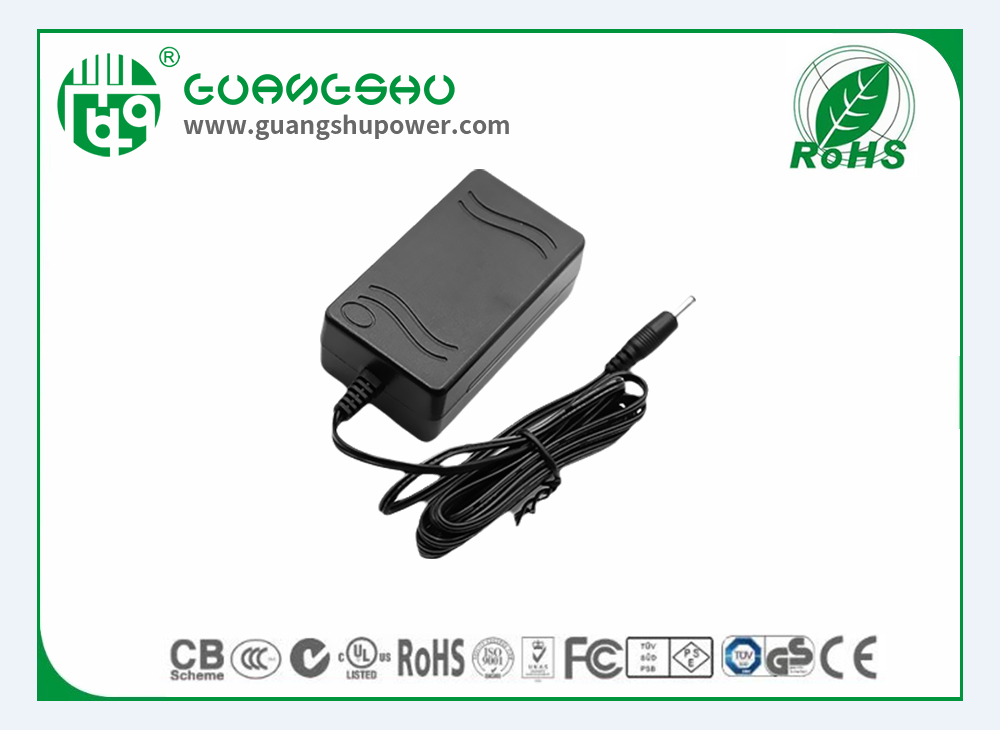Time:2024-09-13 Views:0

Not unplugging an electric vehicle charger after it is fully charged can have some impact on the battery and the entire vehicle system. Although modern electric vehicle chargers are usually equipped with protective functions, not unplugging the charger for a long time may also bring some potential problems:
Overcharge protection: Most electric vehicle chargers have an overcharge protection function, which automatically stops charging after the battery is fully charged to avoid overcharging and extend battery life. However, keeping the charger connected for a long time may cause the charger to mistakenly believe that the battery has been discharged, resulting in continuous power supply and increasing the risk of battery overcharging.
Impact on battery life: Keeping the charger connected for a long time may lead to an increase in battery temperature, especially when the charger is not well ventilated, which may affect the battery's life and performance. Overheating may cause battery damage or reduce its capacity, thereby affecting the vehicle's range and performance.
Energy waste: Keeping the charger connected for a long time will consume electricity and increase energy waste. Although the power consumption of a single charger is relatively low, long-term accumulation can also cause a certain degree of energy waste.
Therefore, it is recommended to unplug the charger promptly after the electric vehicle is fully charged to avoid the occurrence of the above problems. At the same time, regularly checking the status of chargers and batteries to ensure their normal operation and use is crucial for extending the service life of electric vehicles and ensuring driving.
Read recommendations: